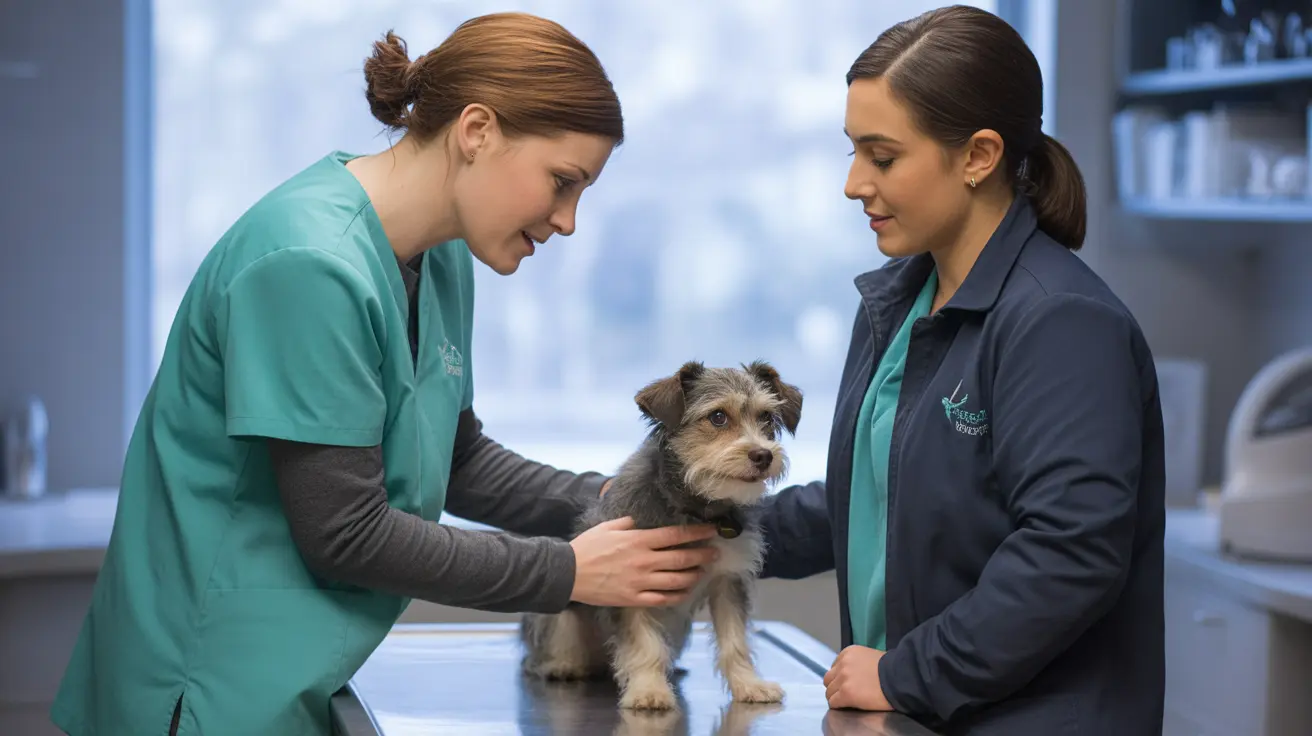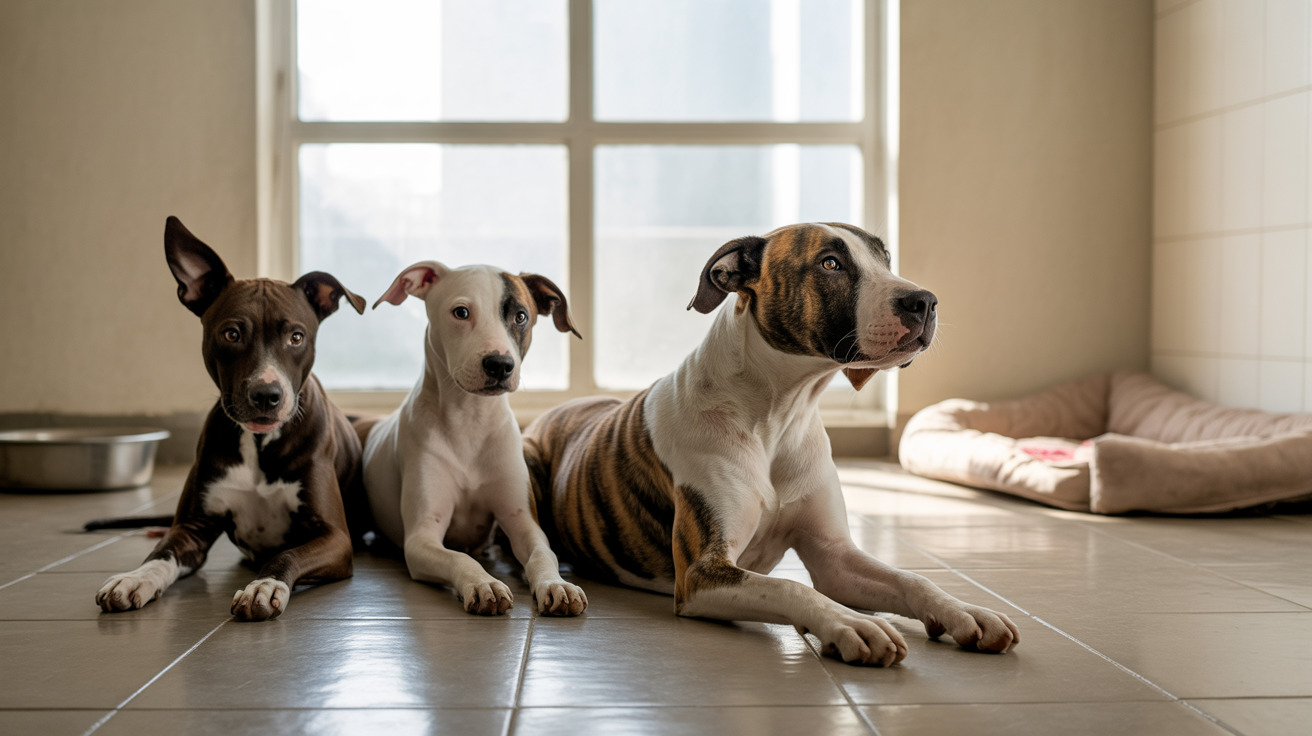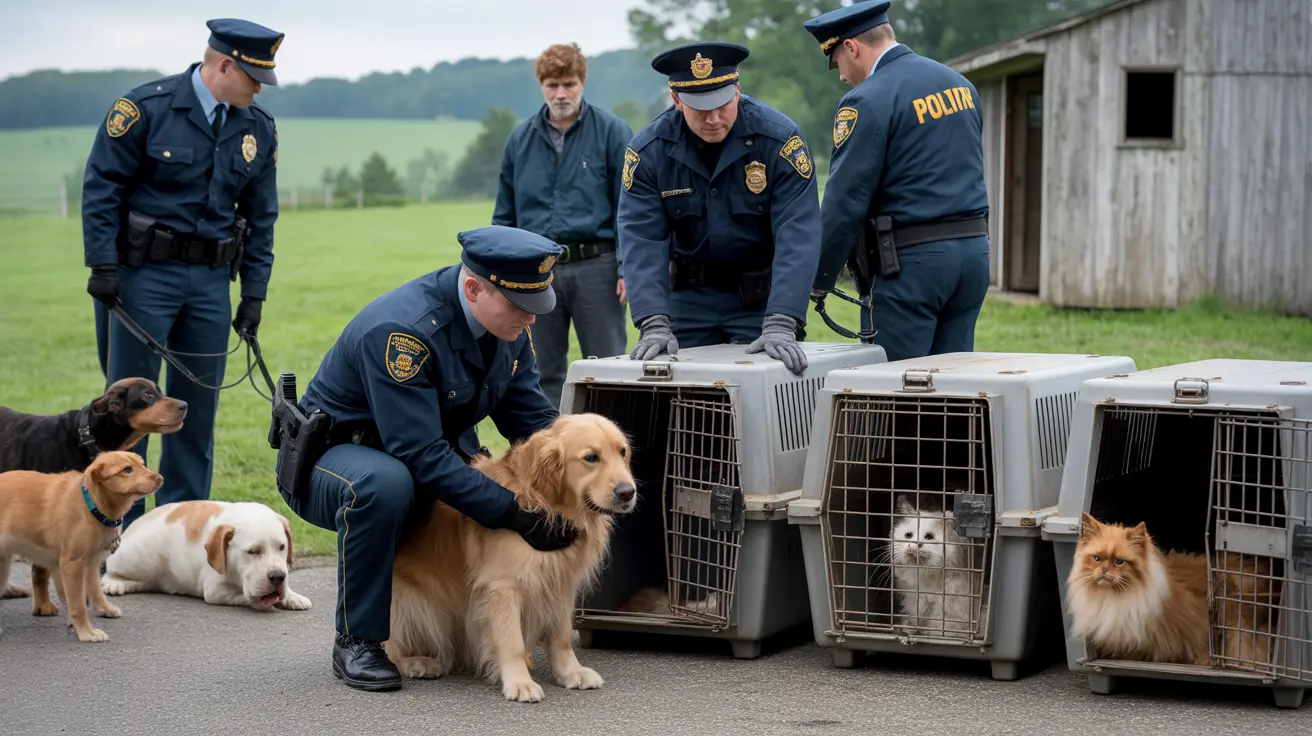What to Do If Your Dog Ate Tomato Soup
Dogs are curious creatures, and it's not uncommon for them to sneak a taste of human food. If your dog has eaten tomato soup, it's natural to be concerned. While tomatoes themselves are not inherently toxic to dogs, certain parts of the tomato plant and ingredients commonly found in tomato soup can pose risks to your pet’s health.
Is Tomato Soup Safe for Dogs?
Plain, ripe tomatoes in moderation are generally safe for dogs. However, store-bought or homemade tomato soup often contains added ingredients that can be harmful. These may include:
- Garlic and onions: Even in small amounts, these can be toxic and damage a dog’s red blood cells.
- Salt: High sodium content can lead to dehydration or salt poisoning.
- Dairy: Milk or cream can cause gastrointestinal upset, especially in lactose-intolerant dogs.
- Preservatives and additives: Some artificial ingredients may not sit well with your pet's digestive system.
Signs to Watch For
After your dog consumes tomato soup, monitor them for any adverse reactions. Common symptoms of food-related discomfort or toxicity include:
- Vomiting
- Diarrhea
- Lethargy
- Loss of appetite
- Excessive drooling
- Increased heart rate
If your dog exhibits any of these symptoms, it’s best to contact your veterinarian immediately for guidance.
Why Tomato Plants Are Dangerous
While ripe tomatoes are generally okay, other parts of the tomato plant are not. Green tomatoes, stems, and leaves contain solanine, a toxic compound that can lead to:
- Weakness
- Tremors
- Seizures
- Loss of coordination
Amount Consumed Matters
The severity of any reaction depends largely on how much the dog ate and its size and weight. A large dog may not experience problems from a small amount of soup, whereas a small breed could be more sensitive.
What You Should Do
If you discover your dog has eaten tomato soup, here are practical steps to take:
- Identify the ingredients: Check the soup label or recipe to see if harmful ingredients are present.
- Estimate quantity: Try to determine how much your dog consumed.
- Monitor behavior: Watch for any symptoms over the next several hours.
- Contact your vet: Provide them with details of the incident if your dog starts showing signs of illness.
Preventing Future Incidents
To avoid repeat occurrences, consider these preventative measures:
- Keep food out of reach: Store human food securely when not in use.
- Train your dog: Use commands like “leave it” or “no” to deter them from eating off the table.
- Educate family members: Make sure everyone in the household knows not to feed human food, especially soup, to pets.
Safe Alternatives
If you want to treat your dog, consider offering safe and healthy dog-friendly alternatives such as:
- Plain-cooked pumpkin or sweet potato
- Boiled chicken or turkey
- Commercial dog treats that use natural ingredients
When to Seek Veterinary Help
If your dog shows any symptoms listed earlier or has ingested a large amount of soup containing toxic ingredients, call your veterinarian or an animal poison control center immediately. Time can be critical when dealing with toxicity.
Conclusion
While the occasional lick of tomato soup might not harm your dog, it's best to err on the side of caution. Tomato soups often contain ingredients that are not safe for dogs, and observing your dog closely after consumption is crucial. Ensure that harmful foods are kept out of your pet’s reach, and always consult your vet if you're unsure.





